Indian-Americans are increasingly embracing their Indian heritage, with a growing number identifying as both Indian and American, according to the 2024 Indian American Attitudes Survey by the Carnegie Endowment for International Peace.
The survey, conducted in partnership with YouGov and sampling 1,206 Indian-American adults—including both US-born citizens and non-citizens—reveals a significant rise in the importance attached to Indian identity among US-born Indian-Americans. In 2024, 86 per cent of US-born respondents said being Indian is an important part of their upbringing, marking a notable jump from 70 per cent in 2020.
Notably, while fewer participants chose the label "Indian American," there was a rise in those identifying as "Asian Indian." The feeling of being equally Indian and American is now prominent, with 47 per cent of respondents expressing a sense of balance between both identities.
Meanwhile, 24 per cent felt more Indian than American—up from 19 per cent in 2020—while 24 per cent felt more American than Indian, a drop from 31per cent four years ago. The report underscores that the idea of dual identity is strengthening among younger generations, especially those born in the US.
Cultural practices such as food, media, and the arts play a key role in maintaining ties to Indian roots. The survey found that 80% of Indian-Americans reported eating Indian food in the month prior to the survey, and 65 per cent had watched Indian television or movies.
Engagement with Indian dance, music, or art was reported by 38 per cent over the past six months, while only 7 per cent said they did not participate in any of these cultural activities. Non-citizen Indian-Americans showed the strongest ongoing connection to India, but even US-born and naturalized citizens displayed significant engagement with Indian culture.
On the issue of caste, 32 per cent of respondents did not identify with any caste, while 46% identified as General or Upper caste. The vast majority—77 per cent—supported formal measures to outlaw caste discrimination.
However, one in two respondents reported facing discrimination in the past year, most commonly based on skin color, with discrimination against Muslims especially perceived as prevalent among Indian-Americans. These findings highlight a complex, evolving sense of identity and belonging within the Indian-American community.
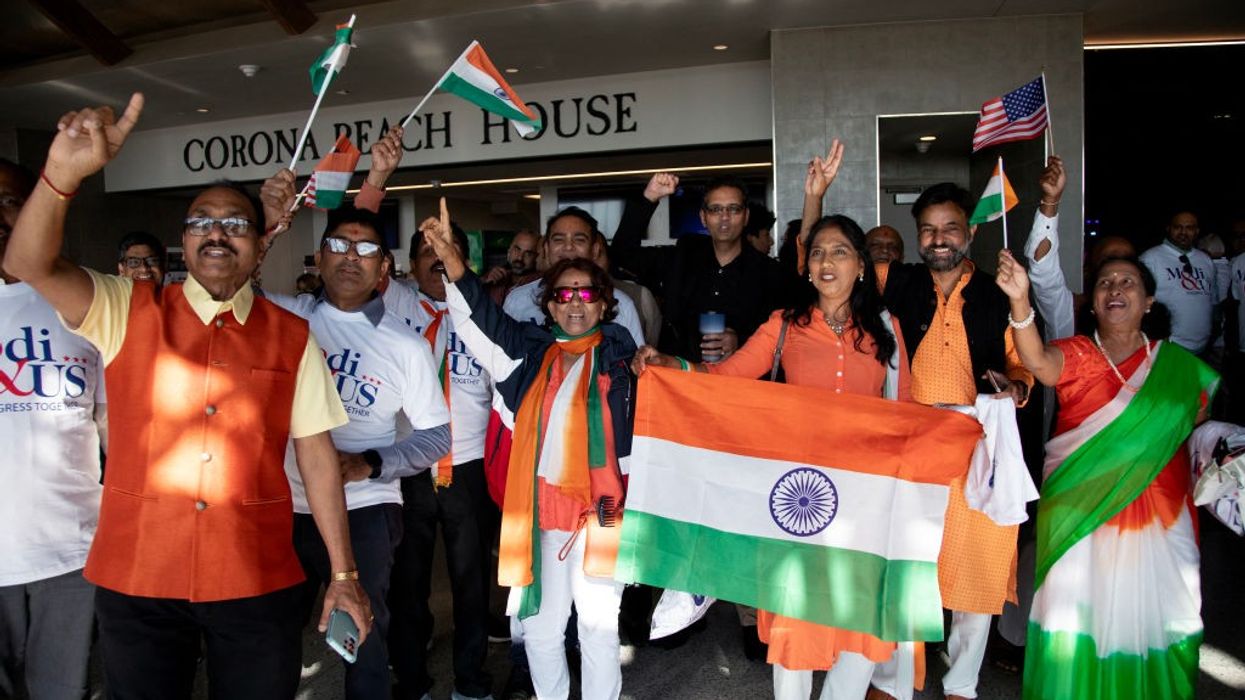


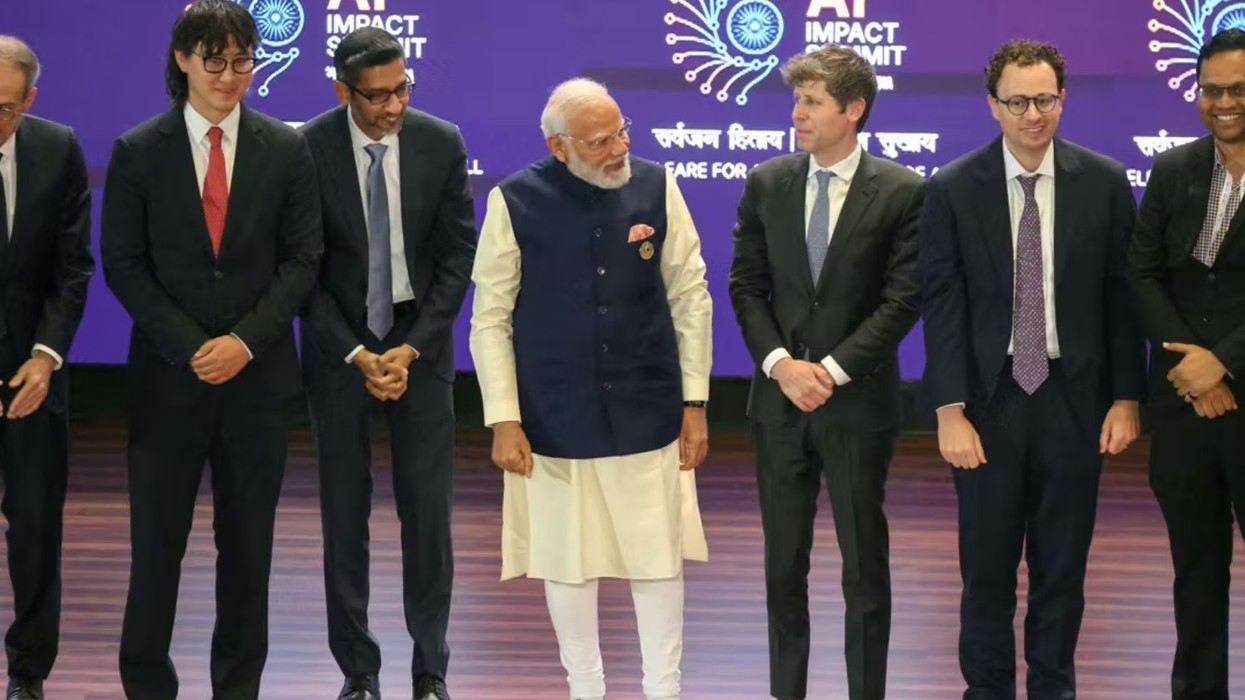
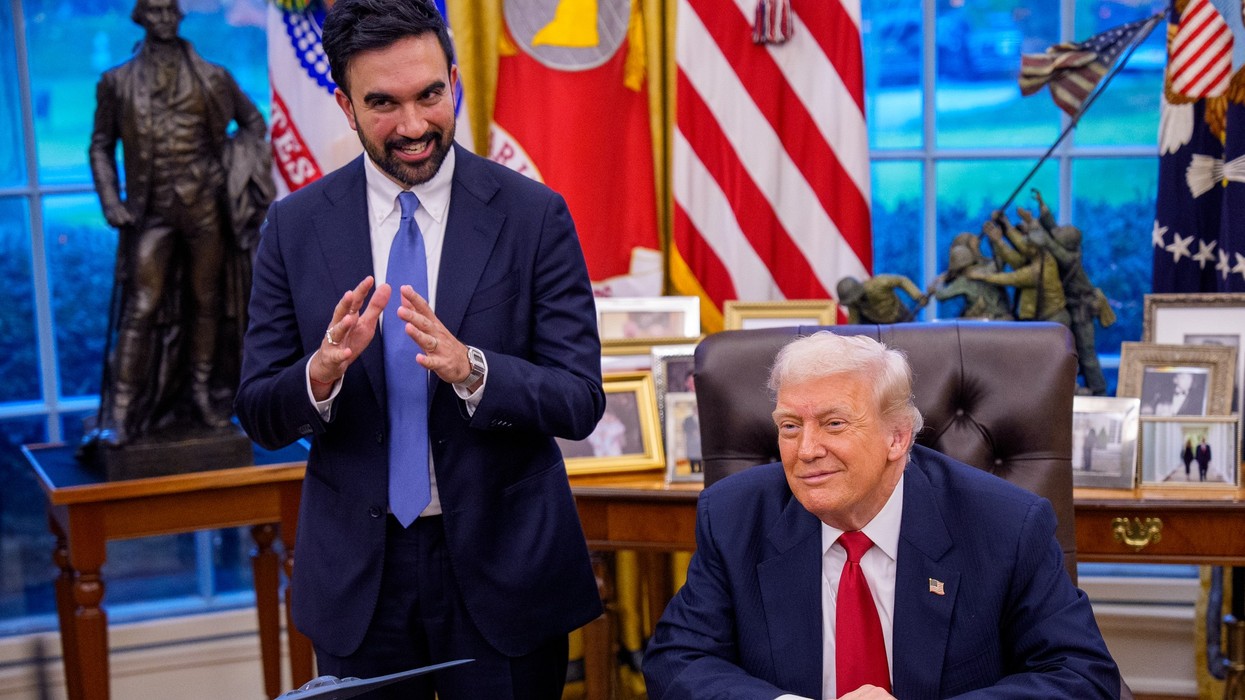



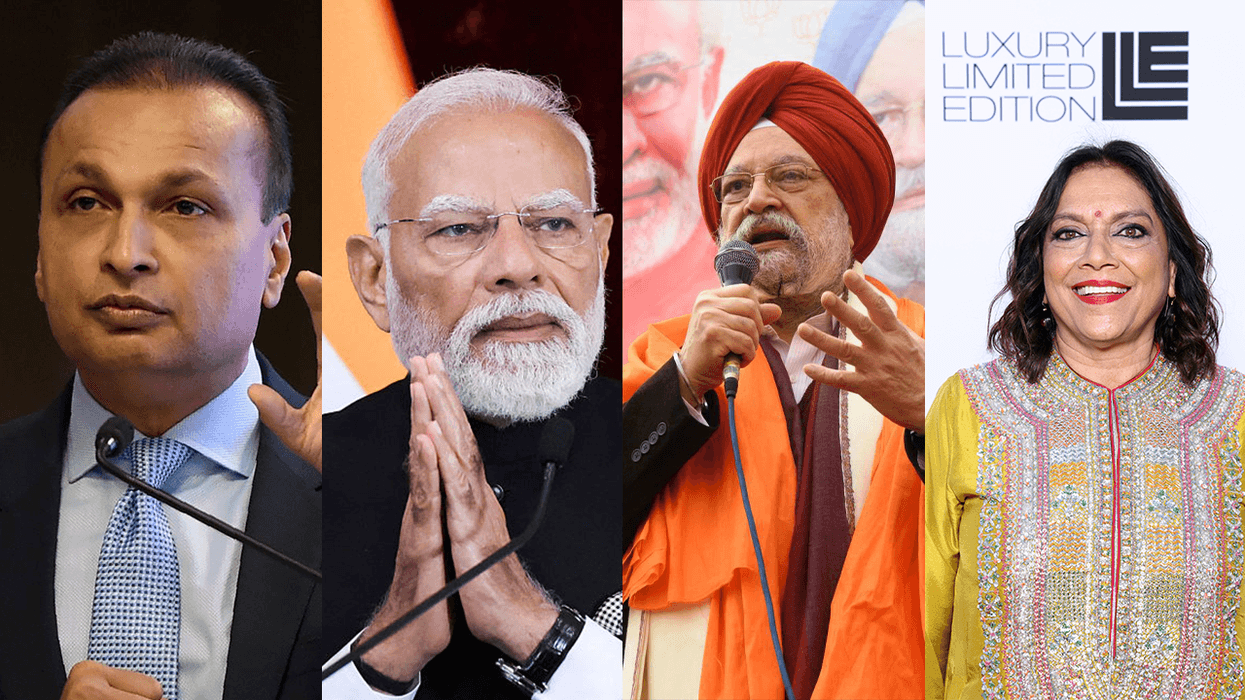



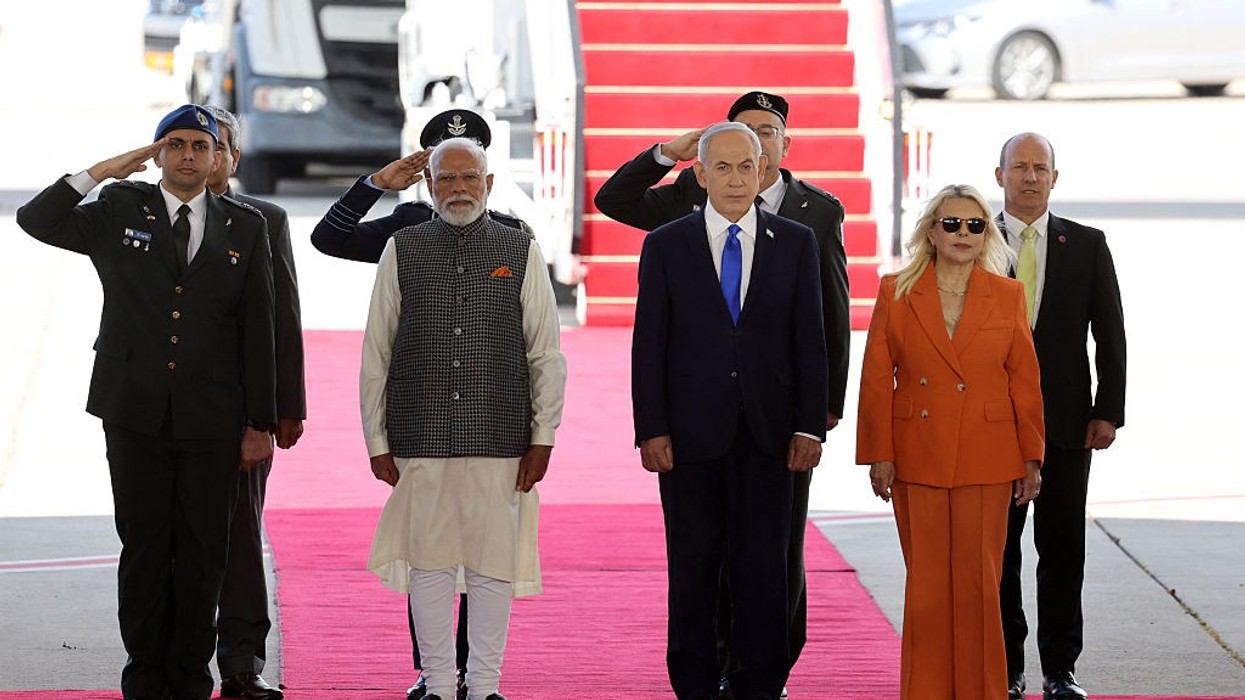
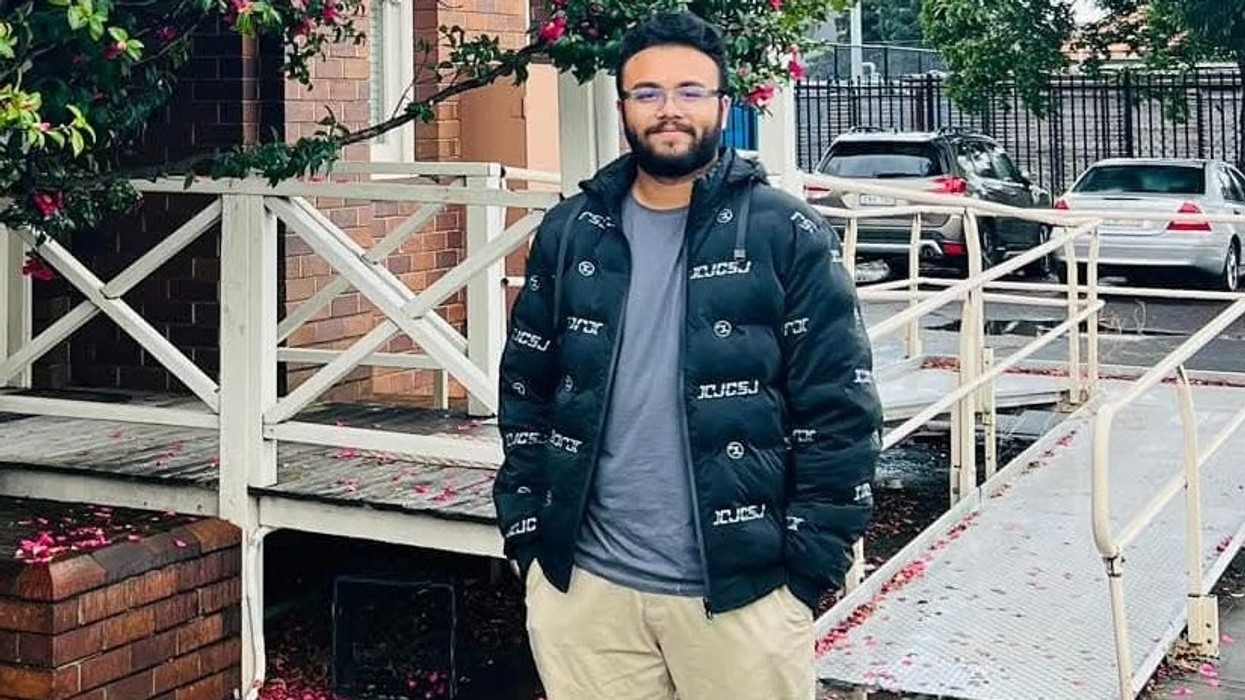
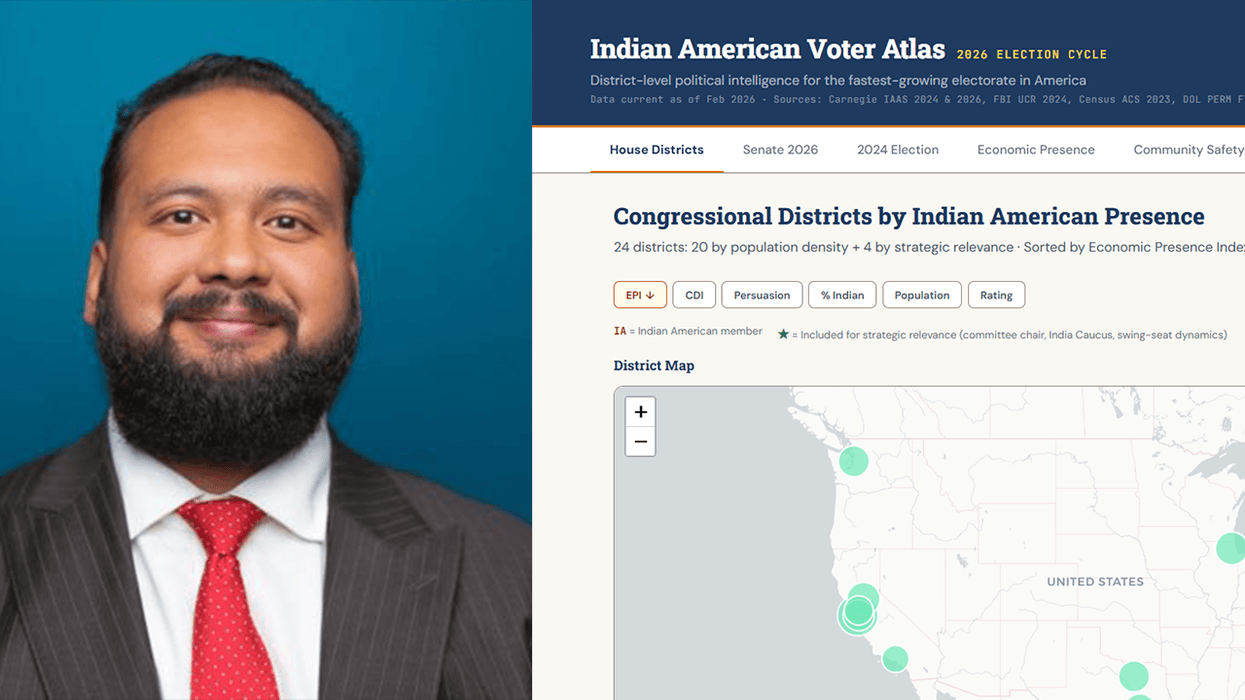
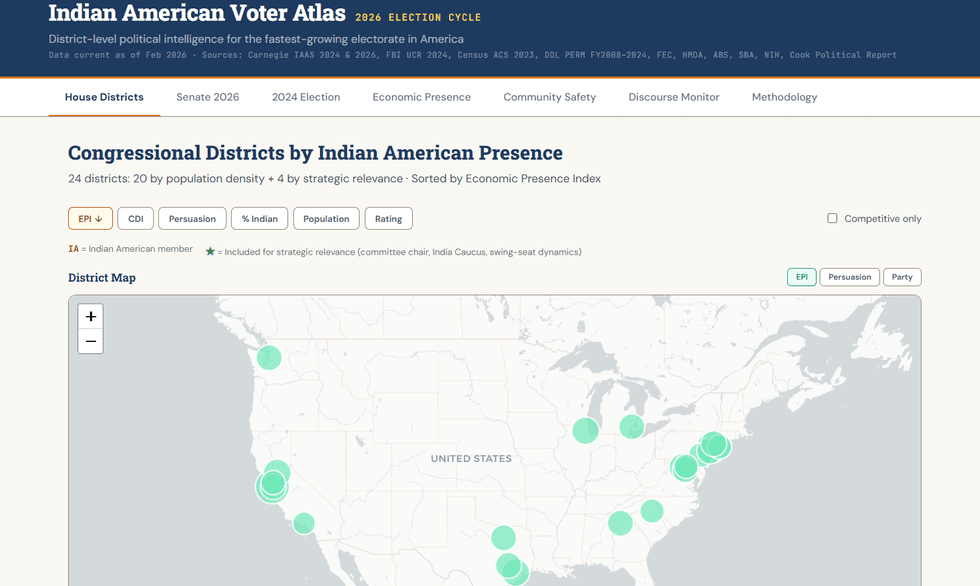 https://www.voteratlas.io/
https://www.voteratlas.io/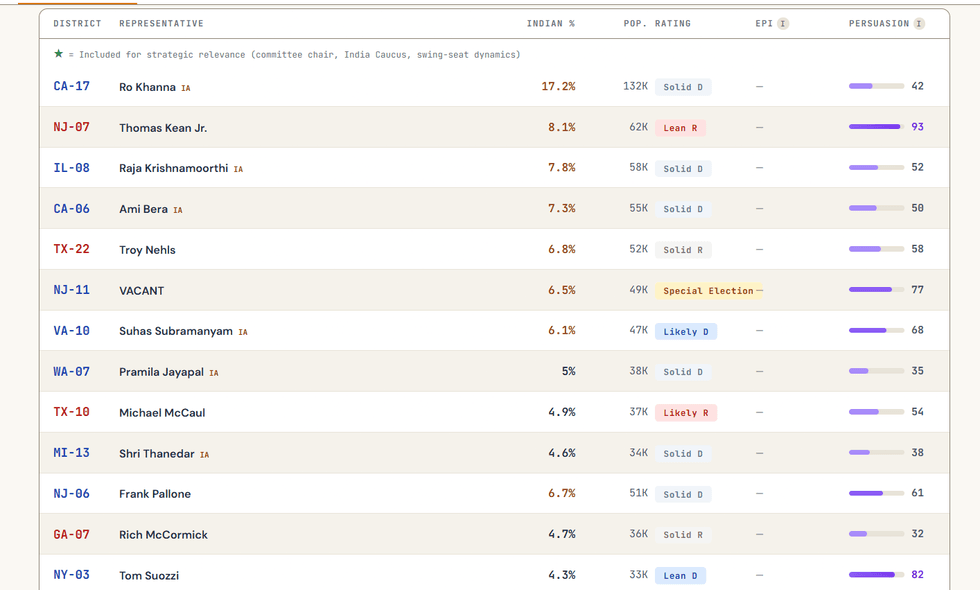 https://www.voteratlas.io/
https://www.voteratlas.io/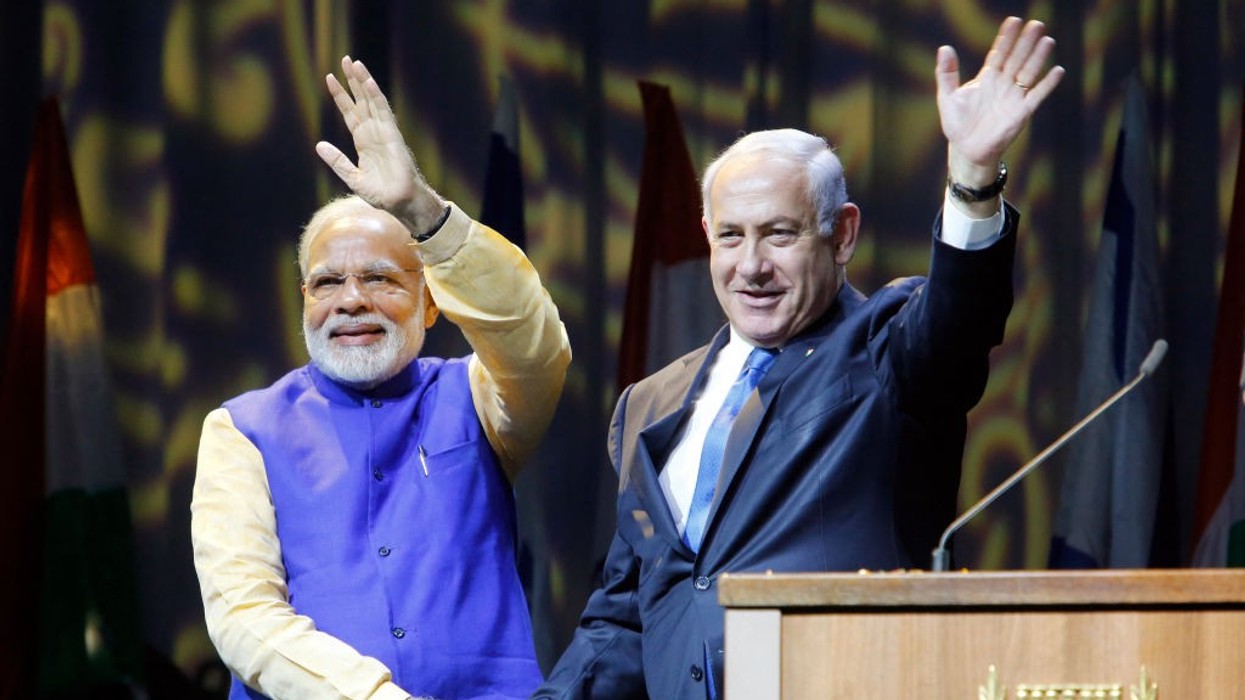
 A historic moment in Israel. The parliament erupted in applause and echoed with ‘Modi, Modi’ chants as PM Narendra Modi prepared to address lawmakers, highlighting the deep ties and admiration… | Times Now
A historic moment in Israel. The parliament erupted in applause and echoed with ‘Modi, Modi’ chants as PM Narendra Modi prepared to address lawmakers, highlighting the deep ties and admiration… | Times Now